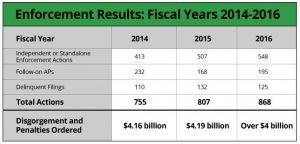 The securities lawyers of Gana Weinstein LLP are investigating investor losses in Strategic Realty Trust (SRT), a non-traded real estate investment trust (Non-Traded REIT). SRT is a non-traded REIT focused on owning high quality west coast urban and street retail properties. The company states that its strategy is to build a portfolio of retail properties with solid growth prospects, strong cash flows, and visible value appreciation characteristics.
The securities lawyers of Gana Weinstein LLP are investigating investor losses in Strategic Realty Trust (SRT), a non-traded real estate investment trust (Non-Traded REIT). SRT is a non-traded REIT focused on owning high quality west coast urban and street retail properties. The company states that its strategy is to build a portfolio of retail properties with solid growth prospects, strong cash flows, and visible value appreciation characteristics.
According to a secondary market providers which allow investors to bid and sell illiquid products such as Non-Traded REITs, SRT sells for just under $5.00 per share – a significant loss on the original purchase price of $10.00.
Our firm often handles cases involving direct participation products (DPPs), private placements, Non-Traded REITs, and other alternative investments. These products are almost always unsuitable for middle class investors. In addition, the brokers who sell them are paid additional commission in order to hype inferior quality investments providing perverse incentives for brokers to sell high risk and low reward investments.
 Securities Lawyers Blog
Securities Lawyers Blog










